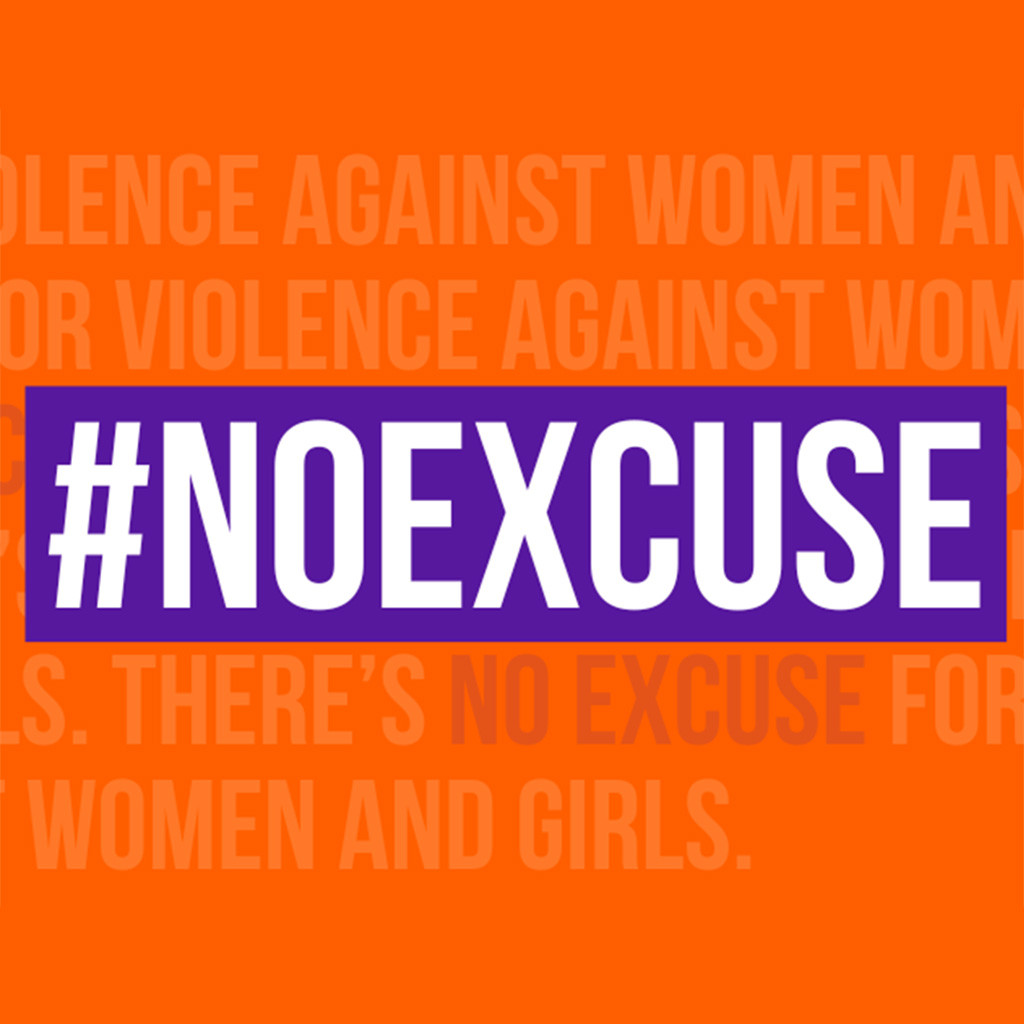Anyone can suffer domestic abuse regardless of age, sex, race, ethnic or religious group. The 25th of November 2023 marks the beginning of an initiative across the world calling for additional funding to help prevent violence against women.
It takes courage to seek support for yourself and any children of the family which is why it is important there be greater awareness about the types of behaviour considered abusive and the many sources of help available.
The United Nations’ International Day for the Elimination of Violence Against Women on 25th November marks the start of a UNiTE (International Day for the Elimination of Violence against Women | United Nations) initiative ‘Invest to Prevent Violence against Women & Girls’ comprising 16 days of activism for people to show how important it is to end violence. The campaign joins a global movement calling for additional funding to help prevent violence using the #NoExcuse slogan.
The Declaration on the Elimination of Violence Against Women issued in 1993 provides the following definition for violence against women “any act of gender-based violence that results in, or is likely to result in, physical, sexual or psychological harm or suffering to women, including threats of such acts, coercion or arbitrary deprivation of liberty, whether occurring in public or in private life”.
Violence against women is still significantly underreported due to concerns of stigma and shame, which is why there must be greater awareness about the various types of abusive behaviour and the help that is available to those suffering both in the UK and around the world.
Domestic Abuse and the Help Available
Anyone can experience domestic abuse or sexual violence regardless of age, sex, race, ethnic or religious group, disability, or lifestyle. If your partner or a family member is being abusive towards you this is a criminal offence, and you can report the abuse to the police and ask to press charges.
You can also pursue a civil remedy through the Family Courts by applying for an injunction; this could be a non-molestation order or an occupation order. More information can be found here.
What should you do if you feel at risk of harm?
How to make a silent 999 call: if you are in immediate danger call the police on 999. If you are in danger and are unable to speak over the phone you can call 999 on your landline or if calling from your mobile call 999 and press 55 which will mean your call is automatically transferred to your local police force.
Safe Spaces
Safe Spaces was first launched in 2020 and is now available in over 7,000 pharmacies and banks across the UK. Safe Spaces operates alongside the Home Office Ask for ANI scheme, whereby people can ask for ‘ANI’ at pharmacy healthcare counters to access an immediate police response.
FearFree
FearFree is a Charity that has a large network across the South West providing personalised support and empowerment services to those suffering from domestic abuse. Help is available for all genders and sexualities; to seek support you can call 0345 1551074.
Support Line
If you would like to speak with someone confidentially you can contact the Support Line on 01708 765200 to seek emotional support on a wide range of issues including relationships, abuse, violence, and loneliness.
How can we help?
Our specialist domestic abuse team at Tozers appreciates that seeking advice when you have been subjected to domestic abuse can be a very difficult step to take. We can offer advice about a range of options available to you, whether legal protection by way of an injunction, advice about support from other agencies, or just information to assist you in making decisions for yourself or others in your family.
A member of our family team can be available at short notice to discuss your difficulties and, if necessary, assist you to apply to the court for an order for your protection.






